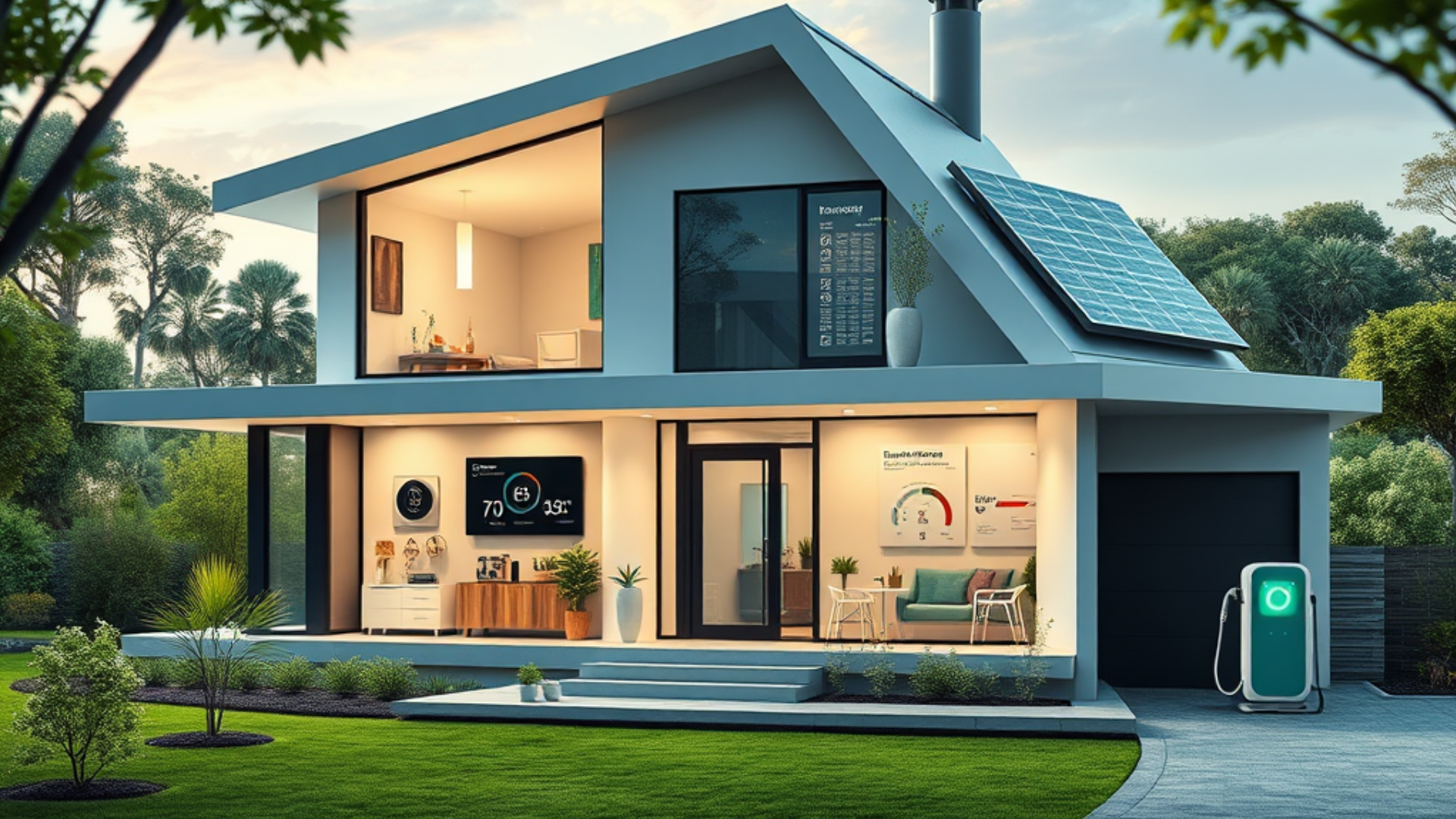Smart home energy management refers to the use of innovative technology to monitor, control, and optimize energy consumption within a household. It leverages interconnected devices, sensors, and automated systems, often integrated with a central hub or smartphone app, to enhance energy efficiency, reduce utility costs, and promote sustainability.
At its core, smart energy management enables users to remotely control appliances, lighting, heating, and cooling systems, aligning energy use with real-time needs. Features such as energy usage tracking, customized schedules, and artificial intelligence-driven insights empower homeowners to make informed decisions about their energy consumption.
Additionally, smart home systems can integrate renewable energy sources, like solar panels, and connect with energy storage solutions, such as batteries. They can even interact with smart grids, allowing for dynamic energy usage based on peak and offpeak times.
By automating routines, identifying inefficiencies, and offering detailed feedback, smart home energy management not only provides convenience but also contributes to a greener and more sustainable future. It’s an innovative approach to meeting modern energy challenges.

